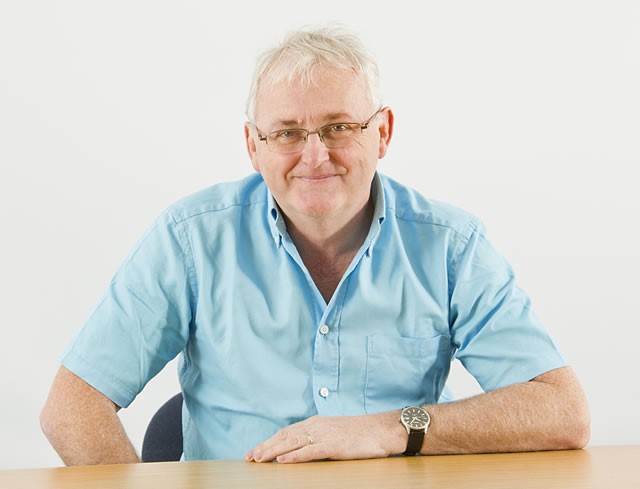Speaker: Prof. Dr. Stephen McLaughlin, head of the School of Engineering and Physical Sciences, Heriot-Watt University
Time: 9:40 am, Nov. 27, 2019
Venue: Zutong Building, 4th floor conference room
Abstract: Single-photon lidar has emerged as a prime candidate technology for depth imaging through challenging environments. In this talk, we will discuss the benefits of Bayesian methods for uncertainty modelling and quantification in challenging imaging/sensing inverse problems, and in particular explore a variety of Bayesian methods applied to 3D imaging in photon starved regimes using single photon lids systems. Applications will include imaging through obscurants, water and with multiple surfaces as well as discussing real time 3D imaging.
Biography: Stephen McLaughlin the B.Sc. degree in Electronics and Electrical Engineering from the University of Glasgow in 1981 and the Ph.D. degree from the University of Edinburgh in 1990. From 1981 to 1986 he was a Development Engineer in industry. In 1986 he joined the Dept. of Electronics and Electrical Engineering at the University of Edinburgh as a research fellow where he studied the performance of linear adaptive algorithms in high noise and nonstationary environments. In 1988 he joined the academic staff at Edinburgh, and from 1991 until 2001 he held a Royal Society University Research Fellowship to study nonlinear signal processing techniques. In 2002 he was awarded a personal Chair in Electronic Communication Systems at the University of Edinburgh. In October 2011 he joined Heriot-Watt University as a Professor of Signal Processing and Head of the School of Engineering and Physical Sciences. His research interests is in statistical signal processing theory and its applications to biomedical, energy, imaging and communication systems. Prof McLaughlin is a Fellow of the Royal Academy of Engineering, of the Royal Society of Edinburgh, of the Institute of Engineering and Technology and of the IEEE.



